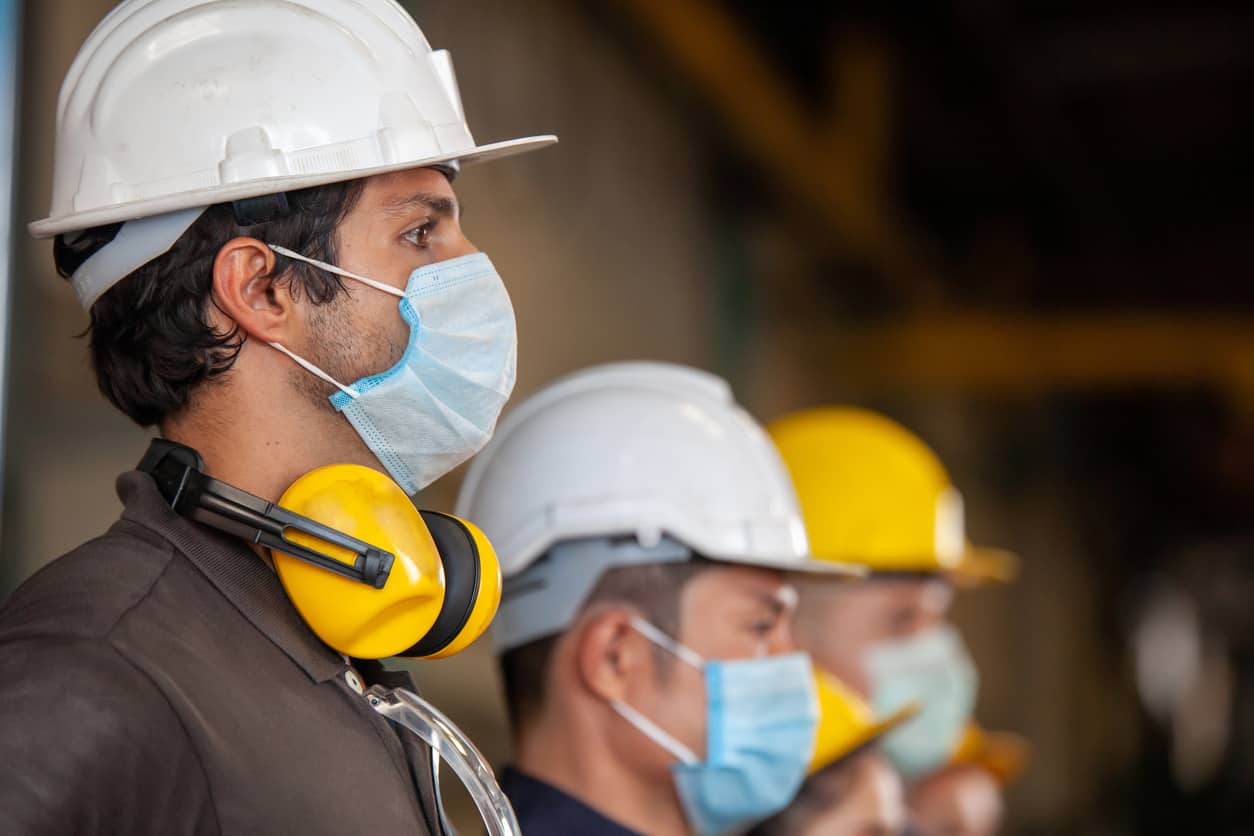William Greenlaw is a student at Harvard Law School.
Workers and management at the New Yorker reached an agreement yesterday regarding the terms of their first collective bargaining agreement. Prior to coming to agreement on terms, the union threatened to strike. The labor effort is fairly recent; only three years ago the union, part of the Newsguild of New York, formed. It includes fact-checkers, Web producers, and copy editors, but does not include staff writers. Staff writers are mostly contract workers at the publication. The starting salary at the New Yorker, which is owned by Condé Nast, was only $42,000, a small sum in one of the nation’s most expensive cities to live. Some workers had been employed for 20 years and had made less than $60,000. As a result of negotiations, the base salary will rise significantly to “$60,000 by 2023, increase wages by 10 percent for many union members and guarantee annual raises.” Healthcare, overtime, and other terms were part of the agreement. Other Condé Nast publications, including Pitchfork and Ars Technica reached agreements as well. The negotiations lasted two and a half years and attracted high-profile attention, including from U.S. Representative Alexandria Ocasio-Cortez and Senator Elizabeth Warren.
New reporting suggests that the challenges facing working women in the workplace due to COVID-19 may continue to compound. A lack of childcare and in-person schooling has forced millions of women out of the workforce since the pandemic began. A number of companies, including Microsoft, Amazon, and Netflix, provided backup day care and emergency leave, but many such measures in the economy have proven to be temporary. This comes amid challenging supply and demand issues; the return to in-person work has led to a spike in demand for day care, yet such facilities have struggled to find employees to match the rising demand as the pandemic recedes. Some employers have been less than accommodating. One woman experienced incredible arbitrariness as a home health and hospice employee, when her employer phased out remote work, gave employees two weeks to return, and then because she couldn’t find care for her children, the company fired her.
At the start of the pandemic, social media company Buffer reduced the workweek from five days to four without reducing pay, leading some reporting to advocate for adopting the same model and abolish the five-day workweek altogether. Other employers have experimented with reducing the workweek, including Microsoft Japan, Unilever New Zealand, and the Shake Shack burger chain, each of which having some positive results. Jon Leland, an executive at Kickstarter, plans to co-launch a national campaign promoting the shorter workweek. One employee at Buffer noted “the principle of work expanding to the time you give it” and hence when there are 40 hours of work per week, employees will simply fill the time with their work without necessarily having to. This principle appears to have been vindicated. In places where the shorter workweek has been tried, costs rose only marginally and workers became more efficient, leaving more time to enjoy oneself out of the workplace without a decline in productivity.
A former worker for a PPE company lost her COVID retaliation claim against her employer earlier this week. The employee sued Barrier Technologies LLC after the firm terminated her employment in April 2020 after she called in sick. While visiting a doctor via telemedicine, she described how “she had nausea, a sore throat and runny nose, diarrhea, and a possible fever,” including a loss of taste. Her doctor had given her a note saying to self-isolate for only seven days. Because the doctor’s appointment was on video, she was not tested or diagnosed with COVID-19. Judge Raag Singhal of the Federal Southern District of Florida ruled that she had failed to demonstrate under the Emergency Paid Sick Leave Act provisions of the Families First Coronavirus Response Act that the employer had not decided the layoff before her symptoms. Judge Singhal also noted how she was not officially diagnosed with COVID-19. The employer argued that the doctor’s note of only seven days was short of the 14-day self-isolation period that is typically required of coronavirus patients. The case is Graham v. Barrier Techs., LLC , 2021 BL 223604, S.D. Fla., No. 0:20-cv-61080, 6/15/21.






Daily News & Commentary
Start your day with our roundup of the latest labor developments. See all
July 4
The DOL scraps a Biden-era proposed rule to end subminimum wages for disabled workers; millions will lose access to Medicaid and SNAP due to new proof of work requirements; and states step up in the noncompete policy space.
July 3
California compromises with unions on housing; 11th Circuit rules against transgender teacher; Harvard removes hundreds from grad student union.
July 2
Block, Nanda, and Nayak argue that the NLRA is under attack, harming democracy; the EEOC files a motion to dismiss a lawsuit brought by former EEOC Commissioner Jocelyn Samuels; and SEIU Local 1000 strikes an agreement with the State of California to delay the state's return-to-office executive order for state workers.
July 1
In today’s news and commentary, the Department of Labor proposes to roll back minimum wage and overtime protections for home care workers, a federal judge dismissed a lawsuit by public defenders over a union’s Gaza statements, and Philadelphia’s largest municipal union is on strike for first time in nearly 40 years. On Monday, the U.S. […]
June 30
Antidiscrimination scholars question McDonnell Douglas, George Washington University Hospital bargained in bad faith, and NY regulators defend LPA dispensary law.
June 29
In today’s news and commentary, Trump v. CASA restricts nationwide injunctions, a preliminary injunction continues to stop DOL from shutting down Job Corps, and the minimum wage is set to rise in multiple cities and states. On Friday, the Supreme Court held in Trump v. CASA that universal injunctions “likely exceed the equitable authority that […]